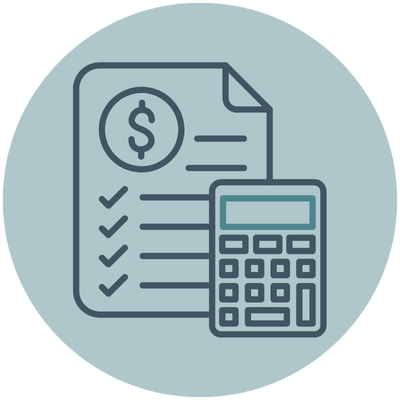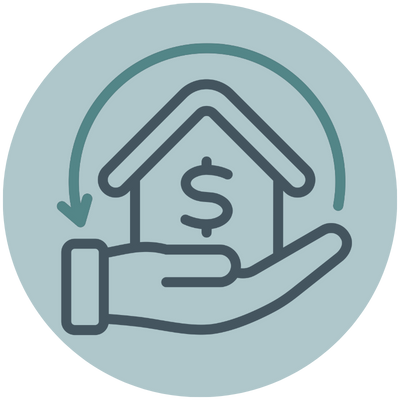Canadian Anti-Fraud Centre: 12 Frauds of the Holidays
Read more on the 12 frauds to look out for this holiday season

.png)




This scam involves fraudulent messages that appear to be from the CRA, claiming that you are eligible for a rebate under the Canada Carbon Tax program. The message will often request that you accept the rebate by clicking a link and completing the process via e-transfer. However, the CRA will never contact you through e-transfer or text message to send rebates or refunds.
To ensure your safety and prevent falling victim to these scams, follow these guidelines:
Please note that this scam is likely to resurface periodically, particularly around the distribution dates for the Canada Carbon Tax Rebate which are:
We believe that knowledge is key to protecting yourself and others. Be sure to share this information with your friends and family to help them stay safe from fraud.
If you suspect you’ve received a fraudulent message or if you have shared personal or financial information, contact your financial institution immediately and report the incident to the Canadian Anti-Fraud Centre.
At Stride Credit Union, we are dedicated to providing our members with the tools and knowledge they need to stay secure in an increasingly digital world. Stay alert, stay safe!
Cybersecurity is a team effort. It starts with you at home, then at the workplace and extends throughout our communities. There are new scams and fraud attempts every day so it is important to learn how to recognize, reject and report fraudulent activity online.

There are 20 security alerts you can set up on your account. This is an easy way to protect your money.

Learn how we are working to keep our members safe and how to protect yourself and your accounts.
Grandparent scams are on the rise, making it crucial to raise awareness and safeguard our loved ones from falling prey to these deceitful schemes. Learn more about these scams and how to protect yourself and your loved ones:
.png)

From investing ideas to fraud prevention tips to financial literacy, we are here to improve your financial health.We're proud to sponsor and partner with the National Association of Federal Retirees - Central MB 32 to create a comprehensive Fraud Prevention Booklet. Click here to read more about the local veterans leading an anti-fraud push for seniors. With scams and fraud attempts on the rise, this booklet is a valuable resource for everyone, providing tips on spotting red flags and guidance on what to do if you fall victim. Download a copy of the Fraud Prevention Booklet here.
Lost your debit card? No need to panic. Simply login to your account and lock it down.
Forgot your password? Reset it whenever and wherever you need.
Add an extra shield to your accounts, ensuring that your sensitive information stays safe.

Lost or Stolen Member Cards® 1-888-277-1043 (Available 24/7)
Online Banking 1-855-810-1707 (Available 24/7)
Collabria Credit Cards® / Canada & US 1-855-341-4643 / International 1-647-252-9564

By the Deposit Guarantee Corporation of Manitoba

Member Cards® 1-888-277-1043 (Available 24/7)
Collabria Credit Cards® Canada & US 1-855-341-4643
International 1-647-252-9564 (Available 24/7)

By the Deposit Guarantee Corporation of Manitoba
© 2021 Stride Credit Union. All rights reserved.
© 2021 Stride Credit Union. All rights reserved.